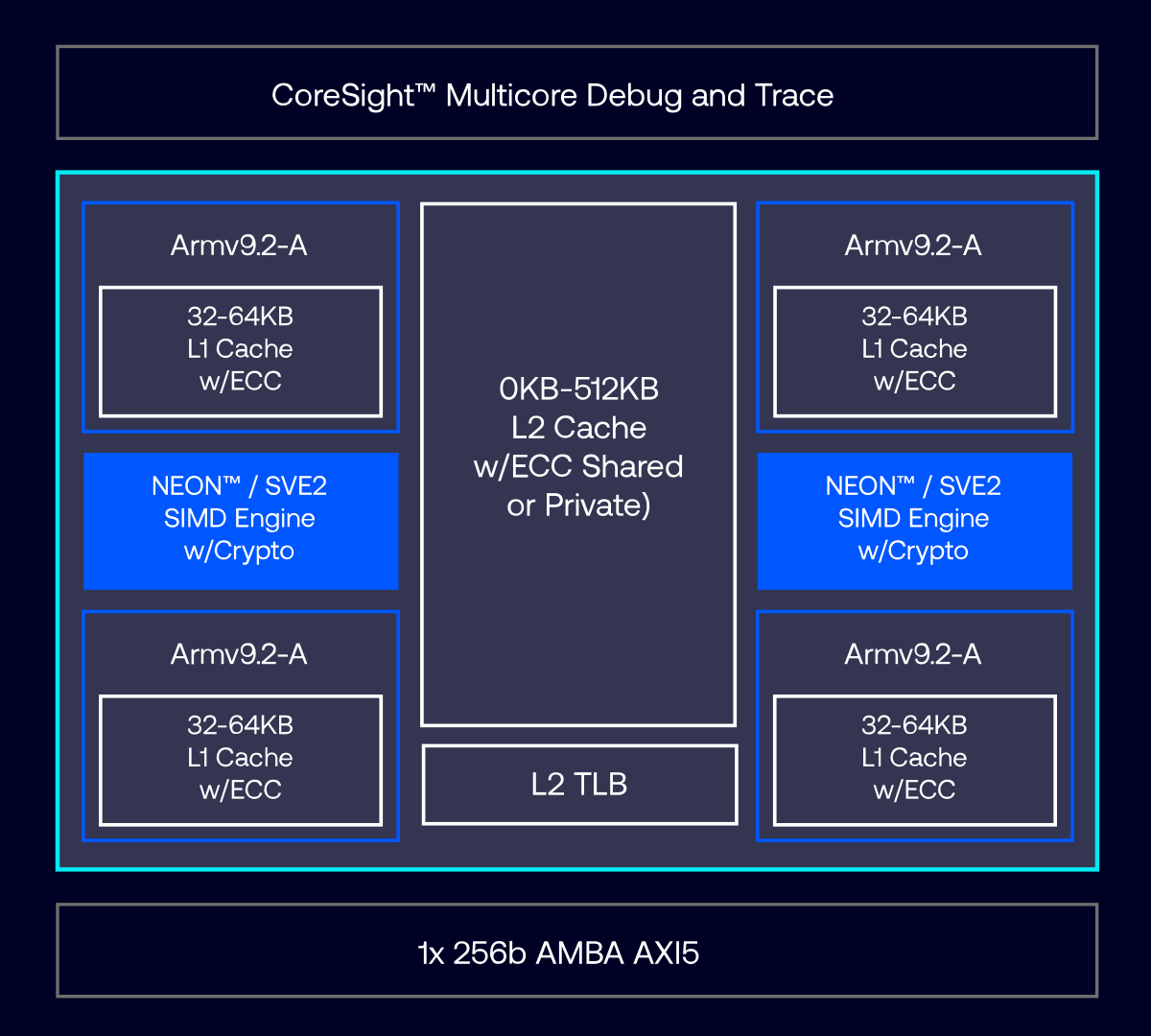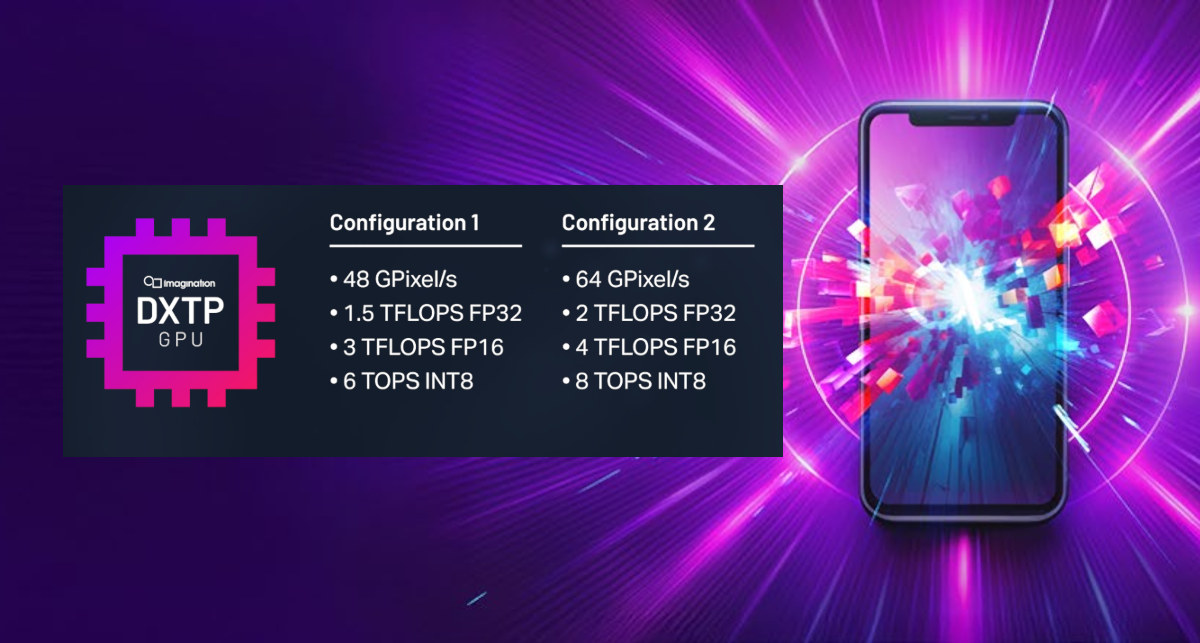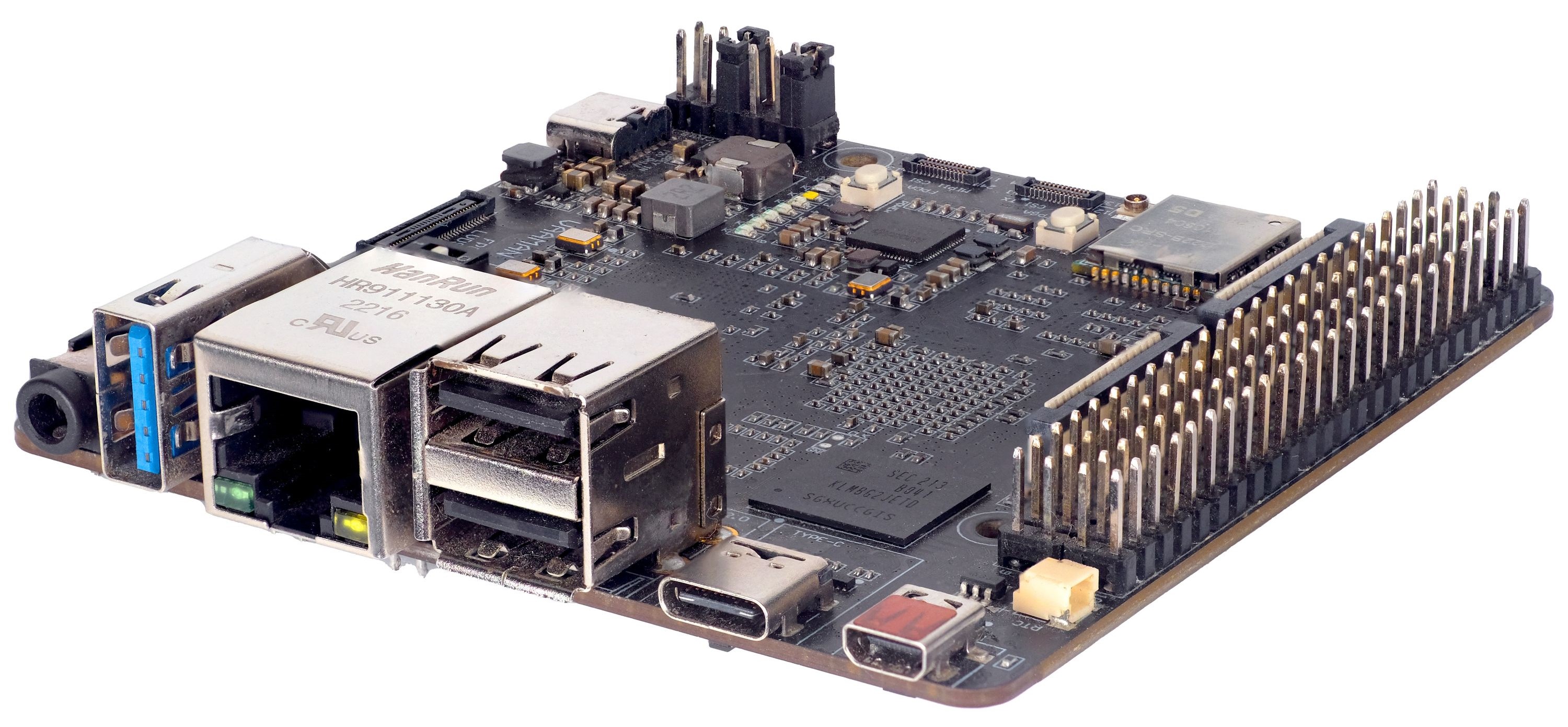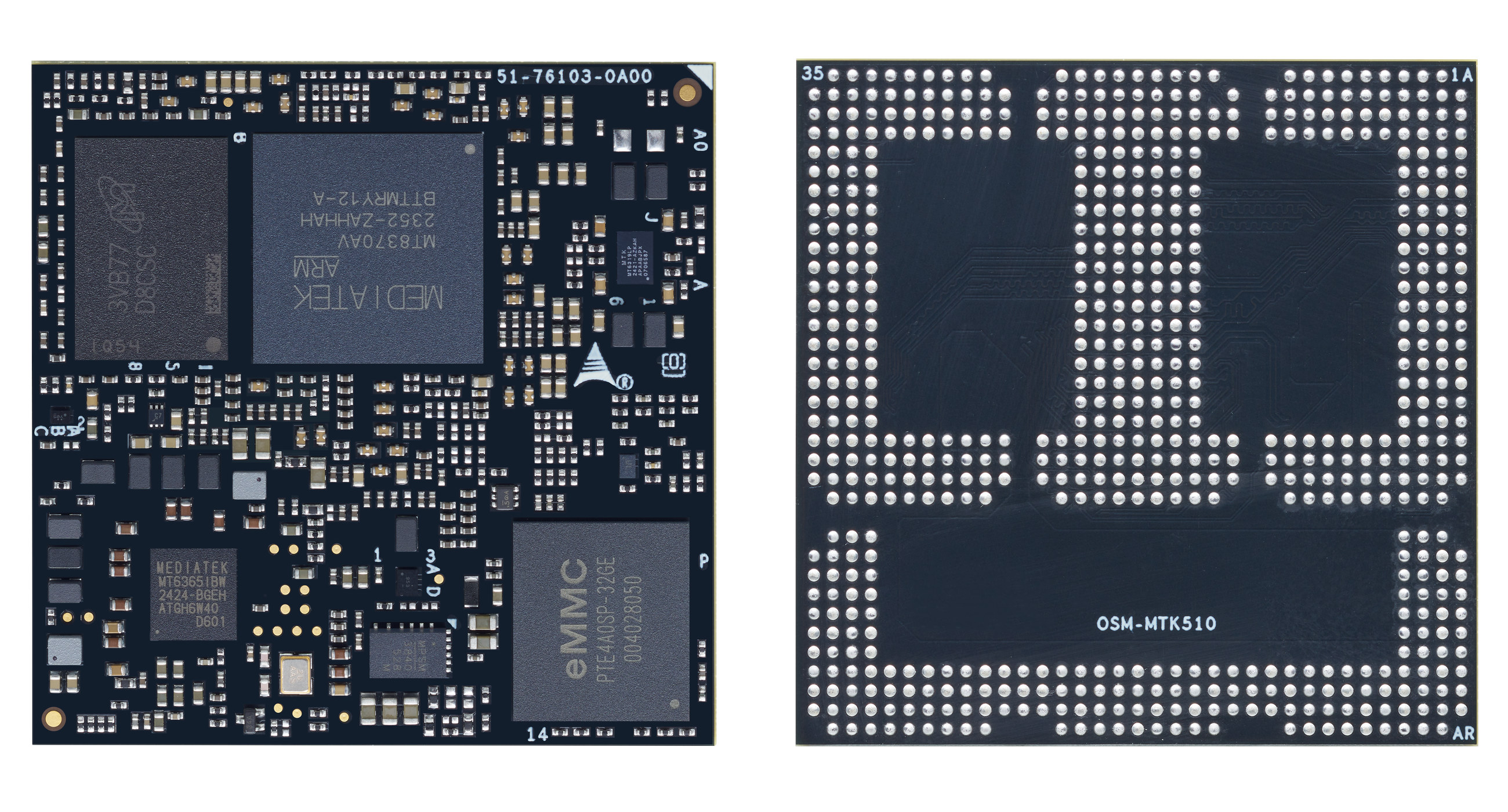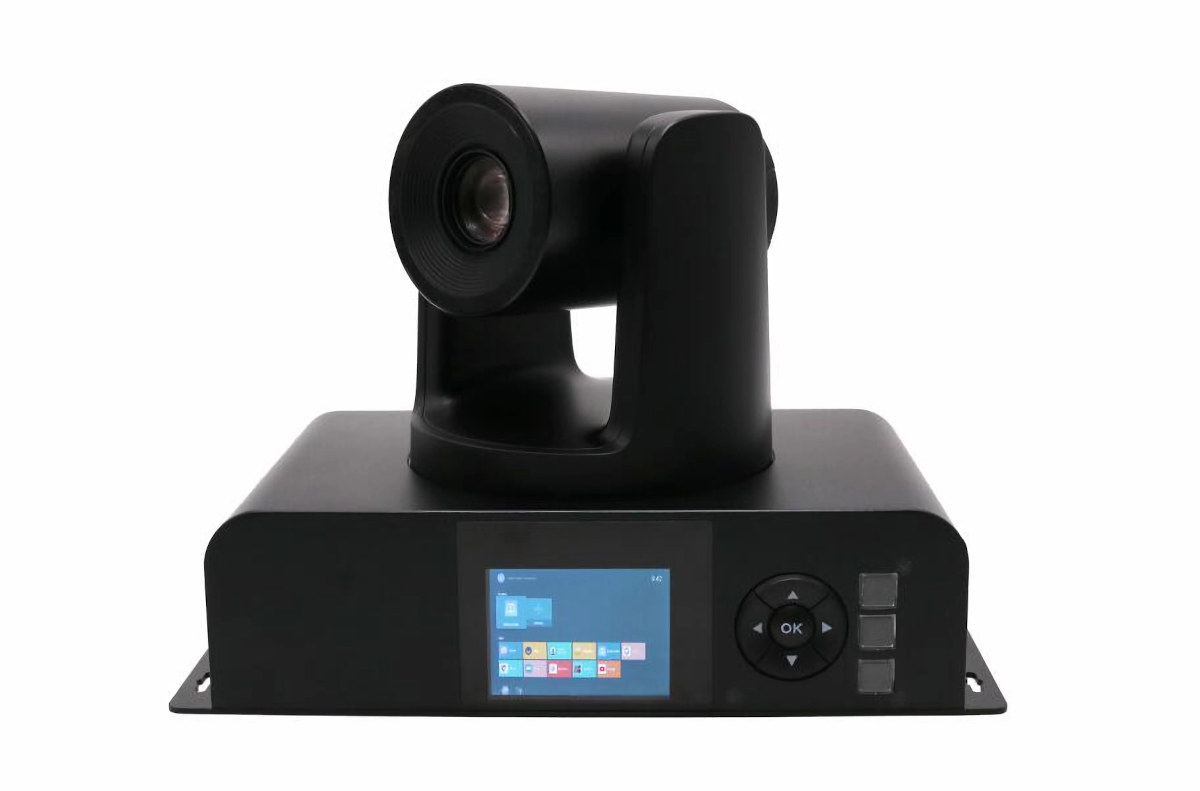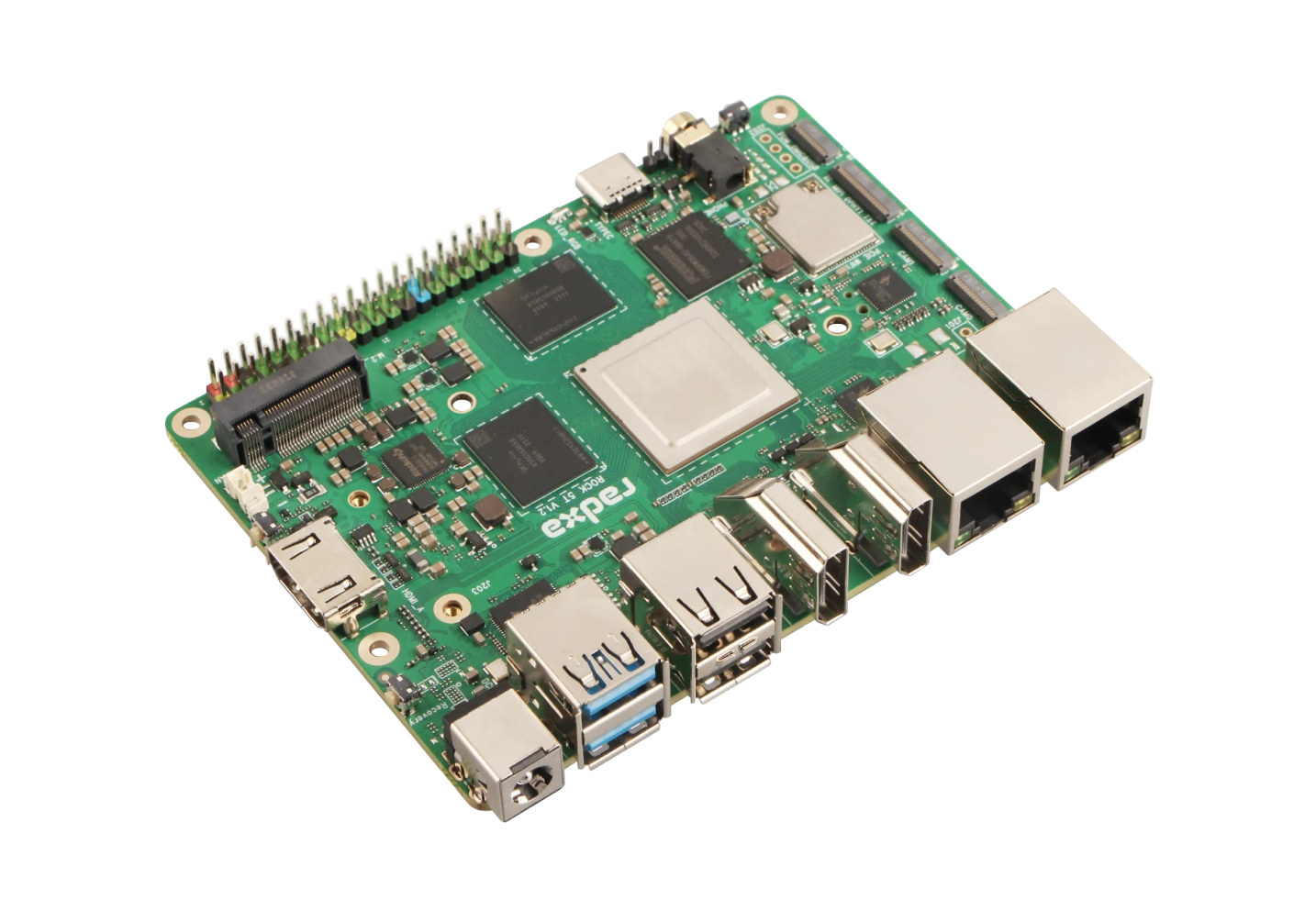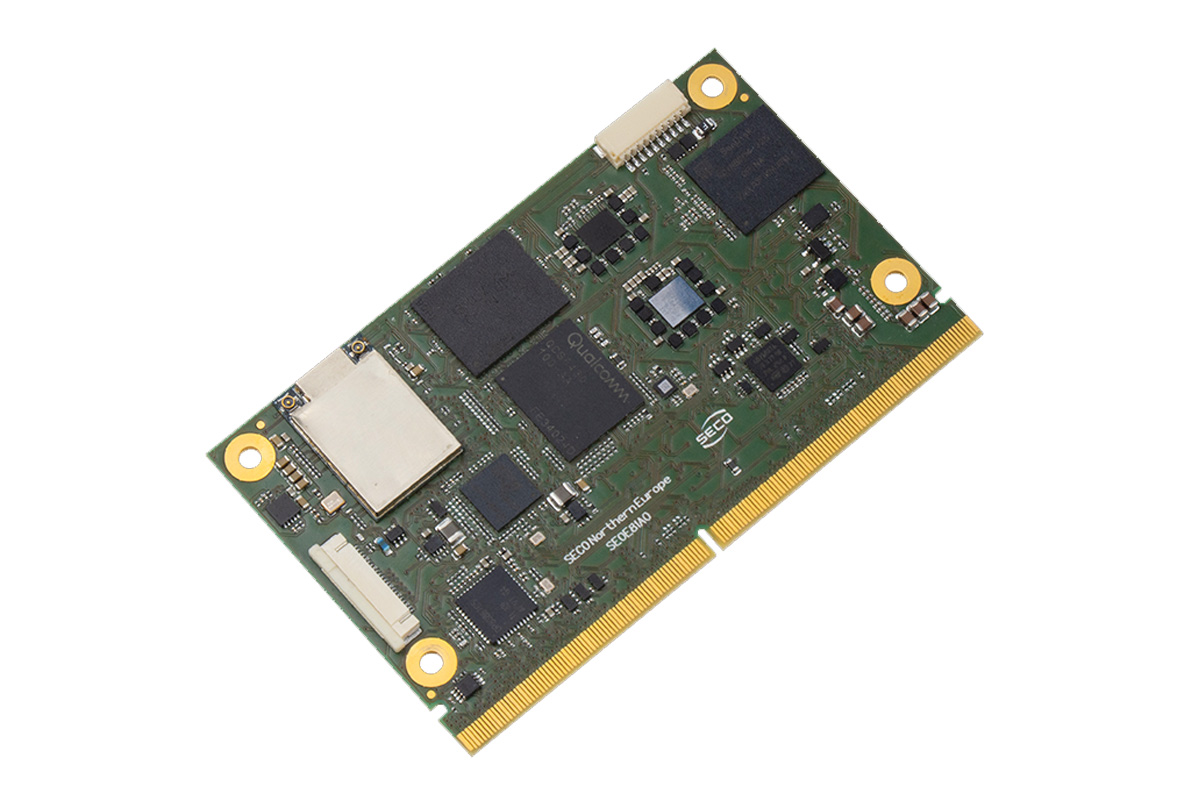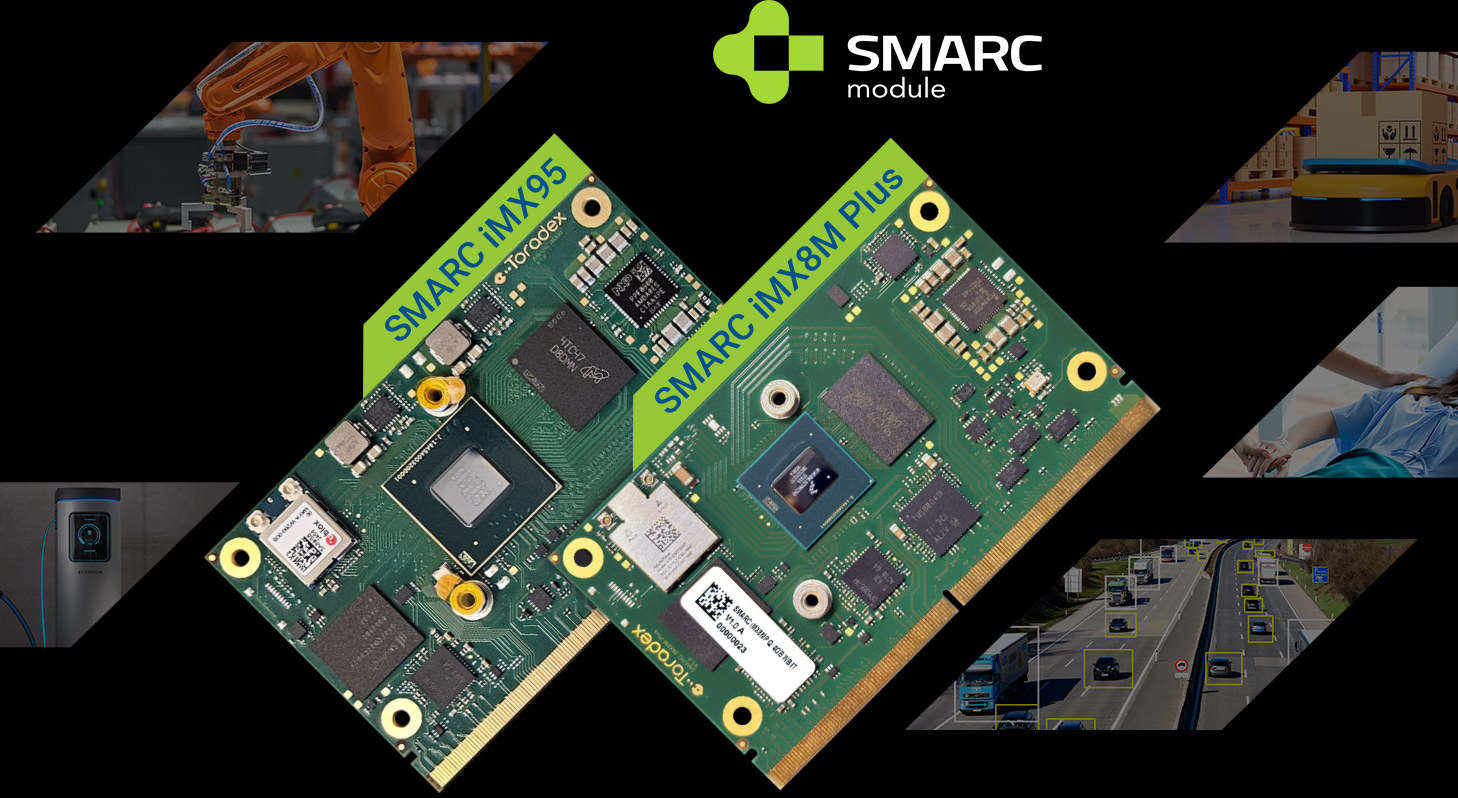Arm Cortex-A320 is a low-power Armv9 CPU core optimized for Edge AI and IoT applications, with up to 50% efficiency improvements over the Cortex-A520 CPU core. It is the smallest Armv9 core unveiled so far. The Armv9 architecture was first introduced in 2021 with a focus on AI and specialized cores, followed by the first Armv9 cores – Cortex-A510, Cortex-A710, Cortex-X2 – unveiled later that year and targeting flagship mobile devices. Since then we’ve seen Armv9 cores on a wider range of smartphones, high-end Armv9 motherboards, and TV boxes, The upcoming Rockchip RK3688 AIoT SoC also features Armv9 but targets high-end applications. The new Arm Cortex-A320 will expand Armv9 usage to a much wider range of IoT devices including power-constrained Edge AI devices. Arm Cortex-A320 highlights: Architecture – Armv9.2-A (Harvard) Extensions Up to Armv8.7 extensions QARMA3 extensions SVE2 extensions Memory Tagging Extensions (MTE) (including Asymmetric MTE) Cryptography extensions RAS extensions […]
Imagination DXTP GPU promises 20% higher power efficiency compared to DXT GPU for mobile devices and laptops
Imagination has announced the DXTP GPU for mobile and power-constrained devices with up to 20% greater power efficiency than its predecessor, the D-Series DXT GPU for longer battery life for AI applications or complex games. The company says the GPU is suitable for gaming, user interfaces, graphics-rich applications, computer vision, generative AI, and other AI applications designed to run on smartphones, tablets, laptops, desktops, or non-safety automotive products. Imagination DXTP highlights: Two off-the-shelf configurations: DXTP-48-1536 48 GPixel/s 1.5 TFLOPS FP32 (1536 FLOPs/Clock) 3 TFLOPS FP16 6 TOPS INT8 48 ppc Bilinear 3D Textured Up to 96 ppc 2D Dual Rate Mode DXTP-64-2048 64 GPixel/s 2 TFLOPS FP32 (2048 FLOPs/Clock) 4 TFLOPS FP16 8 TOPS INT8 64 ppc Bilinear 3D Textured Up to 128 ppc 2D Dual Rate Mode Bus Interface – AXI, ACE-Lite Compression PVRIC5 Lossless and Lossy Framebuffer Compression ETC and ASTC LDR and HDR Support Microarchitecture improvement – […]
Vaaman reconfigurable edge computer features Rockchip RK3399 SoC and Efinix Trion T120 FPGA (Crowdfunding)
Vaaman is a reconfigurable single-board edge computer that integrates a Rockchip RK3399 hexa-core ARM processor with an Efinix Trion T120 FPGA, offering a reconfigurable platform for edge computing applications. The board combines the flexibility of an FPGA with the raw power of a hard processor to create a system capable of adapting to varying computational demands in real time. The compact SBC features the Rockchip RK3399 hexa-core processor with two Cortex-A72 cores and four Cortex-A53 cores, as well as an Efinix Trion T120 FPGA with 112,128 logic elements, interlinked with RK3399 via a high-speed 300Mbps bridge (but it’s unclear how this is implemented). It is billed as a “Raspberry Pi-style board for the FPGA world” that can be used for cryptographic acceleration, software-defined radio (SDR), digital signal processing, real-time robotics, real-time video processing, edge AI deployments, industrial automation, and hardware prototyping. It features a 40-pin Raspberry Pi-compatible GPIO header and […]
ADLINK OSM-MTK510 – An OSM Size-L module with MediaTek Genio 510 AI SoC, up to 8GB RAM and 128GB eMMC flash
ADLINK OSM-MTK510 is an OSM Size-L compliant module powered by a MediaTek Genio 510 hexa-core Arm Cortex-A78/A55 SoC with a 3.2 TOPS AI accelerator and equipped with up to 8GB LPDDR4 and 128GB eMMC flash. The OSM module supports HDMI 2.0, MIPI DSI, and eDP display interfaces, up to 30MP cameras, and I/O options such as gigabit Ethernet, USB 3.0, and PCIe Gen2 x1. The OSM-MTK512 is available in either commercial or industrial (-40°C to 85°C) temperature grades and the company offers at least a 10-year lifecycle for long-term use. ADLINK OSM-MTK510 specifications: SoC – MediaTek Genio 510 (MT8370) CPU – Hexa-core processor with 2x Cortex-A78 cores @ up to 2.2 GHz and 4x Cortex-A55 cores @ up to 2.0 GHz GPU – Arm Mali-G57 MC2 GPU VPU for visual processing Encoding up to 4Kp30 with H.265/HEVC or H.264 Decoding up to 4Kp60, AV1, VP9, HEVC, H.264 codecs supported AI […]
Mekotronics R58-PTZ video surveillance/live streaming embedded computer features a PTZ camera, two HDMI input ports
I swear it’s not an AI-generated picture of a device, but the Mekotronics R58-PTZ is real and just another unusual Rockchip RK3588 hardware platform from the company that’s an embedded computer with a 3-inch display on the front panel and a PTZ (Pan-Tilt-Zoom) camera placed on top. Mekotronics describes it as a live-streaming box designed for video surveillance, so I assume its main use case is to leverage to built-in 6 TOPS NPU for live streaming with some real-time effect and/or surveillance applications detecting persons, masks, etc… especially it also offers two HDMI inputs for extra cameras. Mekotronics R58-PTZ specifications: SoC – Rockchip RK3588 octa-core processor with CPU – 4x CortexA76 cores @ up to 2.4 GHz, 4x CortexA55 core @ 1.8 GHz GPU – Arm Mali-G610 MP4 GPU with support for OpenGL ES 1.1/2.0/3.2, OpenCL 2.2, Vulkan 1.2 Video decoder – 8Kp60 H.265, VP9, AVS2, 8Kp30 H.264 AVC/MVC, 4Kp60 […]
Radxa ROCK 5T SBC packs ROCK 5 ITX mini-ITX motherboard’s features onto a 110x80mm PCB
Radxa ROCK 5T is yet another Rockchip RK3588 SBC whose main selling point is to pack most features of the ROCK 5 ITX mini-ITX motherboard (170x170mm) into a much smaller 110x80mm board. The board features up to 32GB RAM, M.2 2280 sockets for NVMe SSDs, four independent display outputs via HDMI, USB-C, and MIPI DSI, HDMI input and camera interfaces, two 2.5GbE RJ45 jacks, on-board WiFi 6/6E and Bluetooth 5.x, and an M.2 Key-B socket for cellular connectivity. Radxa ROCK 5T specifications: (with differences highlighted in bold or strikethrough) SoC – Rockchip RK3588 or RK3588J (industrial grade) CPU – Octa-core processor with four Cortex-A76 cores @ up to 2.2 GHz (industrial) / 2.4 GHz (commercial), four Cortex-A55 cores @ up to 1.8 GHz GPU – Arm Mali G610MC4 GPU VPU 8Kp60 10-bit H.265 / VP9 / AVS2 / AV1 decoder, 8Kp30 H.264 decoder 8Kp30 H.265 / H.264 encoder AI accelerator […]
SECO’s SMARC-QCS5430 SMARC SoM and devkit feature Qualcomm QCS5430 SoC for Edge AI and 5G applications
SECO has announced early engineering samples for its SOM-SMARC-QCS5430 system-on-module (SoM) and devkit designed to support IoT and edge computing applications. Built around the Qualcomm QCS5430 processor this SMARC-compliant SoM targets industrial automation, robotics, smart cities, and surveillance.
The module also offers dual MIPI-CSI interfaces for camera and connectivity options including USB 3.1, PCIe Gen3, dual GbE, and optional Wi-Fi and Bluetooth. SECO’s DEV-KIT-SMARC industrial devkit includes all the necessary components for rapid prototyping and integration.
Toradex launches its first SMARC modules with NXP SoCs for improved compatibility and supply chain
Toradex has introduced its first SMARC-compliant system-on-modules (SoMs) with the SMARC iMX8M Plus and SMARC iMX95 SoMs based on NXP i.MX 8M Plus and NXP i.MX 95 SoC respectively. The company has made proprietary system-on-modules for years with the Colibri, Apalis, Aquila, and Verdin families. Those typically are cost-optimized and use most or all I/Os from the selected SoC, but customers are tied to one supplier: Toradex. To offer more flexibility, the company decided to introduce its first standardized system-on-modules by selecting the SMARC 2.2 standard for compatibility with existing SMARC-compliant carrier boards and adding the Swiss company as an alternative supplier. Highlights of the SMARC iMX8M Plus module: SoC – NXP i.MX 8M Plus CPU Quad-core ARM Cortex-A53 application processor @ 1.6 GHz Arm Cortex-M7 real-time core @ 800 MHz GPU – Vivante GC380 2D GPU and GC7000UL 3D GPU VPU – 1080p60 video decoder & encoder AI accelerator […]


